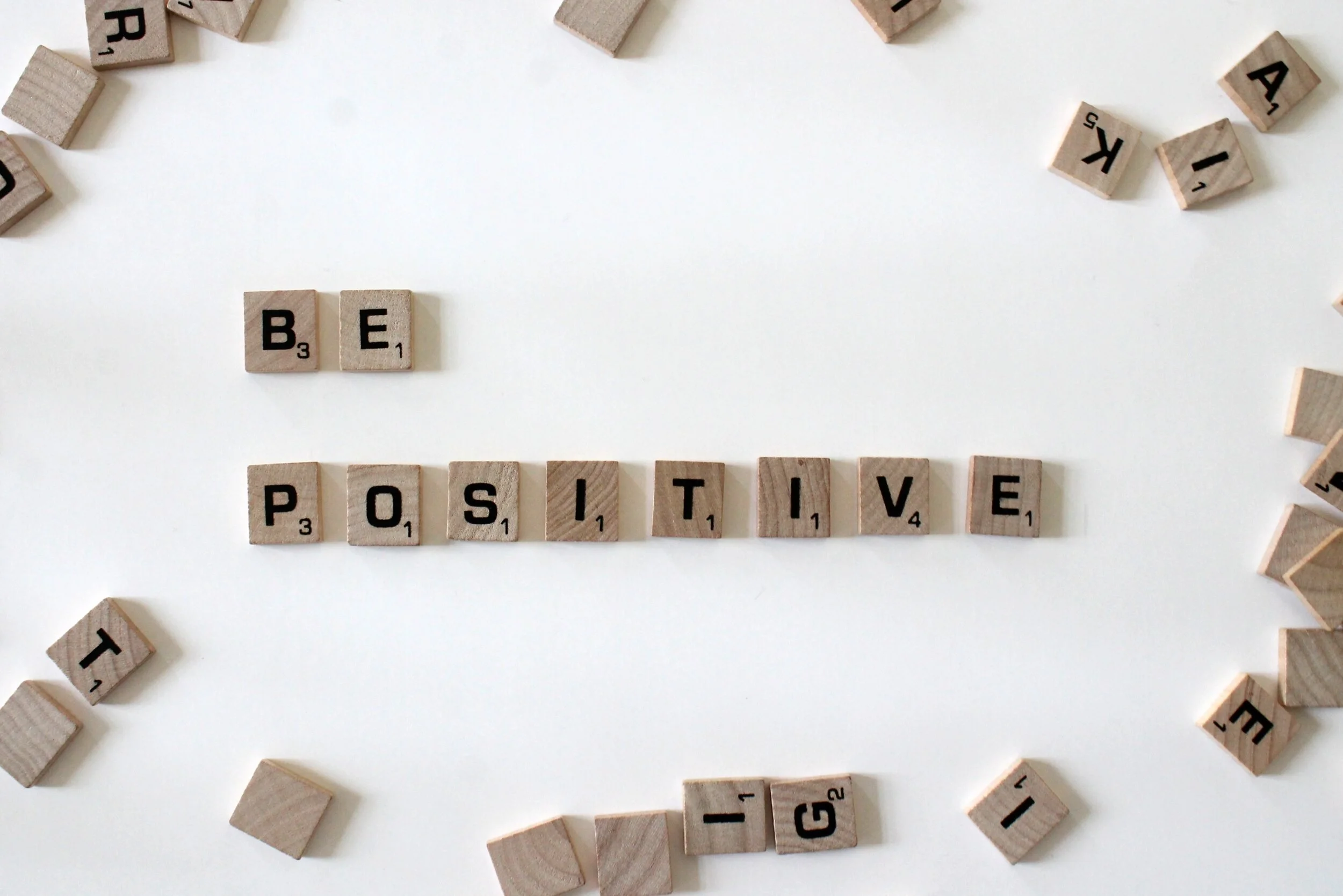As the pandemic continues and the way we typically work and play has changed drastically, we are spending more time at home, away from our friends and family. With limited social connection and disruption of routines, there will be an adjustment period for all. Prioritizing your self care during this time is crucial for your mental health and will help reduce stress and anxiety, boost your mood, and support your overall health and wellness.
5 Positive Ways to Utilize Technology During COVID
It’s easy to get sucked into a Netflix marathon or an eight-hour video game run. However, we know that sometimes too much screen time can have a negative impact on mental health so we are constantly told to to watch our screen usage. The problem is that during the COVID-19 pandemic, when we are told to remain socially distant from others, we are often using technology and having more screen time than is typical, in order to remain connected with others, which is positive. So how can we utilize technology in positive and healthy ways as we remain socially distant?
Understanding Trauma Triggers
Trauma-triggers often come up in both research and the popular media. The phrase “triggered” can often make others uncomfortable or dredge up negative emotions as it may make others feel they are seen as weak or too sensitive. The common misconception of the use of this phrase negatively impacts those who suffer from Post-traumatic stress and other trauma-related disorders. It’s important to understand the term and the implications this has for those recovering from traumatic events in order to support and validate their experiences.
Physical Distancing vs. Social Distancing: Remain Socially Connected While Physically Apart
Social distancing has become crucial in order to prevent the spread of the new coronavirus. However, this can feel lonely and isolating, especially if you typically are on your own whether in your work life or personal life. For many, connecting via social media has become the new norm. Whether being on your own is something you are used to or not, the differences at present are valid and can take a toll on anyone.
10 Ways to Ease COVID-19 Anxieties
We are always encountering stressful situations and have to determine the best ways to manage these in order to reduce anxiety and fear. As the Coronavirus pandemic continues, it is easy to feel fear and anxiety, amidst a global crisis. There is uncertainty around many things at present however this does not mean that you cannot use strategies to remain in the present and turn your thoughts away from those anxieties to other thoughts as well as ideas around what the future may hold at the end of this experience. There are strategies that can be used to remain in the present moment, pushing forward through anxiety.
A Positive Psychology Approach to Managing Anxiety in Uncertain Times
Martin Seligman, one of the founding fathers of Positive Psychology, recommends the “Put It In Perspective” exercise to help refocus the brain and reduce anxiety. This practice focuses first on deciding the worst-case scenario, which our brains typically tend to do first, moves to the best-case scenario, and then settles on the most likely scenario. In this way, thoughts move from those that are irrational to those that are rational.
How Having a Plan Can Help Get You Through A Pandemic
It remains uncertain how long this pandemic will last or the true impact it will have. Additionally, we still know little about the virus itself and how it impacts our daily lives moving forward. We still need to figure out what concerns we should have, as there are so many unknowns. However, what we do know right now is that everyone is impacted by this pandemic. Thus, it is time for us all to come together for a common goal, and utilize positive coping strategies to work through the present moment and any negative feelings that arise. This notion also gives comfort as we know we are not alone, we are all experiencing this.
The Power of Positivity: Acts of Kindness in the Midst of the Pandemic
Right now, for many of us, the world is an uncertain, and at times, scary place. We may feel hopeless and unfocused at present, reading articles and watching reports that exacerbate those feelings. However, amidst this negativity there are many individuals engaging in acts of kindness and positivity, as well as acts of heroism as the world battles against COVID-19.
Breakups Hurt: How to Heal Faster Amidst a Breakup
What Happens During The First Therapy Session?
Becoming More Resilient
Do you ever wonder why some people seem to be able to overcome obstacles and struggles more easily than others? That is because they may have more resilience. This is a trait that you are born with, but that can also be worked on and enhanced. Everyone can benefit on working on their resilience, so here are some tips:
Creating A Hope Box
How To Strengthen Your Support System
Why is Therapy Not Working For Me?
10 Quotes On Resilience
Coping With A Miscarriage
When To Take A Mental Health Day
Coping With The Loss of a Loved One To Mesothelioma
The death of a loved one creates many changes for surviving family members. These range from changes in household routines to changes in priorities or future plans. Getting used to new life situations may take months or years. In this article, we share some suggestions on how best to cope with your grief.




















